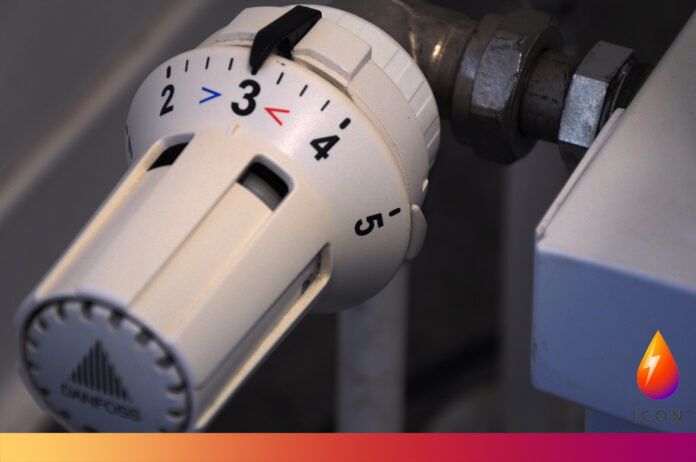A new partnership led by UK Power Networks is set to use artificial intelligence to support and guide up to 100,000 people who are in danger of struggling with their fuel bills.
The UK’s largest electricity Distribution Network Operator (DNO) is working with the Energy Systems Catapult to use sophisticated data software to identify households across London, the East and South East who may need extra support.
Ian Cameron, head of customer services and innovation, commented: “The pandemic has caused extraordinary challenges and meant hundreds of thousands may enter fuel poverty.
“They might not think to come and ask us for help, and we can’t predict what future challenges might come our way, but what we can do is use new technology to deliver more targeted and higher quality support to those who need it most. That’s exactly what this project is all about.”
The project will use artificial intelligence and data science techniques to combine the companies’ information, existing fuel poverty insight, along with smart meter data supplied by households, and geographical and socio-economic statistics.
The AI system, produced by software firm Urban Tide, will bring these data sets together into one simple dashboard which gives an accurate picture of who may need help, especially in areas where people are less likely to come forward and ask for support.
UK Power Networks is aiming to help seven times more customers facing fuel poverty* as it currently does – rising from 14,000 per year to 100,000.
Research from Citizens Advice suggests that up to that 600,000 people are now entering fuel poverty in the UK because of the COVID-19 pandemic.
UK Power Networks doesn’t set energy bills but it offers energy efficiency advice to help people reduce their energy use, and tailored advice to help customers access government grants or support from its 223 charity partners.
Dr Rose Chard, Fair Future programme lead at Energy Systems Catapult, added: “The transition to a smart flexible energy system will provide great opportunities to better understand the trade-offs that households are having to make when struggling to afford adequate energy.
“By drawing on insight about behaviours, as well as smart data, this project pioneers methods that ensure fuel poor households aren’t left behind – by working with them to design support for them.
“This project will ensure that all consumers can benefit from the opportunities of the smart flexible energy future.”
The project will run until December 2022. Its first steps will be to research and evaluate new data sources, before designing and developing the data science tools to build the dashboard.
